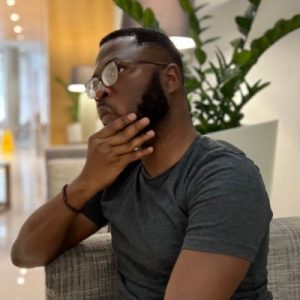celebrity radar - gossips
How Police Arrested Me For Hosting A Married Female Friend- Ayo Sogunro
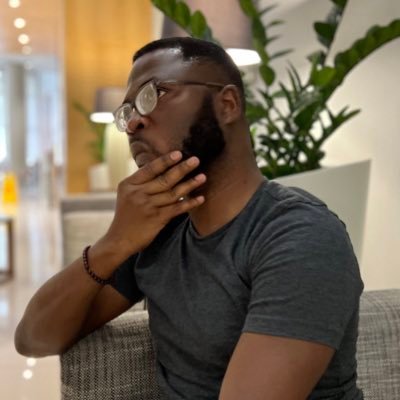
How Police Arrested Me For Hosting A Married Female Friend- Ayo Sogunro
As shared by Human Rights Lawyer, Dr. Ayo Sogunro.
So, about last weekend’s events.
I had come to Abuja to facilitate a human rights meeting with several NGOs and my accommodation was also booked at the hotel where the meeting would be taking place.
Soon as I landed, I sent messages to my friends in Abuja confirming that I was around.
As always, whenever I am in Nigeria, my friends would come to welcome me at my accommodation, share a drink or two, and general gist. This time was no different.
For now.
One of them promised to stop by on her way home from work, also in the area.
Of the people I texted, she was the first to get to my place. I had checked into the hotel around 6.20 pm and she got there around 6.40 pm. Barely 15 minutes later, three police officers came to my door.
When the police arrived at my door, they asked to be let inside.
I denied them entrance and told them they had no authority to enter a private space without a warrant or a clear just cause. Instead, they just pushed me aside and made their way in.
On seeing my friend, they asked her to come with them. We both asked why. The police replied that because my friend was a married woman, she should not have been in the hotel with me. I said this was ridiculous. She was a citizen of Nigeria and had a right to meet with anyone.
The officers insisted that she must come with them and so must I. For ‘questioning’.
I said, NO WAY. ON WHAT GROUNDS
If they wanted to arrest me, I would comply. But I would not voluntarily follow them to answer questions on unclear and unstated allegations.
This argument went back and forth for a while; one officer even started recording it on his phone. Some other police officers were called in as backup (making them about 6 total). A few of my other friends also arrived. Hotel management came in. It was becoming quite the scene.
Eventually, the officers got fed up with my refusal to voluntarily accompany them and then said they were putting me under arrest – still no clear allegation or reason.
My friend and I then followed them out of the hotel where a van was waiting and they took us to the station.
Up to this point, I still had my phone on me. I wasn’t touched or cuffed or assaulted by the officers. Our interaction throughout was verbal only. I was able to use my phone to make calls and alert people about what was unfolding.
But because I was still confused by what was going on – and the officers were not telling me who had sent them, how they discovered my room, or why I had been targeted (and also to forestall the worst) I sent out a series of tweets to alert the wider public.
But the police officers did not appreciate me putting the tweets out. At the station, they asked me to turn off my phone and hand it over. I did.
They asked me to write a statement – still with no context as to the charges – and I declined to do so without my lawyer present.
After a while behind the counter, they called me for an interview with the DPO. I was still quite upset at this disruption of my day – and all this started barely one hour after I had landed in Nigeria and entered Abuja.
I told the DPO everything they did wrong:
– the process of arrest before investigation;
– using the police to settle what was now seeming to be a marital issue not involving me;
– barging into a hotel room without a warrant; and
– taking me into custody without a clear charge.
The DPO countered that (as we were in Northern Nigeria under the Penal Code), it was highly suspicious for a married woman to be visiting me and the police were within their rights to have intervened and entered my hotel room without all that process.
I then asked her that, well if that’s the case, where’s their evidence that any offense had been committed.
She said she was not obliged to give me any evidence and I should simply state my case and explain myself to her. Lol.
She suggested that I was enticing my friend – against the Penal Code. I lol. My friend and I went back 15 years from Law School. It was normal in my world that people (regardless of sex, gender or marital status) visited me where I reside in Nigeria, and these were always hotels.
I then went into a long rant with the DPO about the need for proper police procedure, respect for constitutional rights, and safeguarding women’s rights and autonomy.
Eventually, she got fed up with my sermon and asked them to book me and take me to the cells. The issue then appeared to seem that, because I was continuing to be ‘rowdy’ and kept trying to demonstrate a clear understanding of law and police procedure, all the police officers had been offended.
Taking me into custody for the night was presumably to ‘teach me a lesson’.
The rest of the story is about the practical aspects of that lesson in respecting police officers.
By the next day, I realized that ‘cooling down’ was the way forward if I was still interested in leaving their station and conducting the event that had brought me to Abuja.
As they would not release me without a statement and a surety – I wrote a statement on the advice of my lawyer and a good friend stood surety for me.
I can’t say how this case started or how my room was identified. I still have questions myself. I don’t know whether or not there was a political element. However, I received solidarity visits from folks in both APC and PDP (as well as representatives from the NBA and the NHRC).
The night behind bars was philosophical. Later, I was more amused than angry. The idea of coming to do a human rights event in Nigeria only to end up in a cell was a hilarious and tragic testament to the Nigerian condition.
Btw, I had great cellmates – but that’s another story.
By the time I was released Saturday, I was on good terms with all the duty officers and even with the arresting officers.
My people even advised me to mend fences with the DPO and I went back into her offices to apologize for being an ‘unruly’ activist. Not sure if that worked.
Anyway, suppose you ask me why I am a feminist ally. In that case, it is because of issues like this: that we live in a country where a married woman cannot merely visit a male friend alone without both of them risking arrest and detention under gendered laws and their arbitrary application.
If you ask me why I am a believer in liberal democracy, it is because we cannot have a conservative country where the police are saddled with policing morality rather than protecting citizens from actual crimes. Because under such laws, everyone is a target.
If you ask me why I fight for human rights, it is because human rights are the only safeguard against the misuse of power. Otherwise, laws can be weaponized and become the arbitrary tools of those with some power against those without it.
Although the whole incident is behind me, I still feel there are systemic issues in the policing process that need to be addressed.
Otherwise, the less-privileged Nigerian may not be as fortunate as I have been in standing up for myself and navigating the system.
Grateful again for the show of support online and offline. I have never doubted the power of social media in bringing about social change in Nigeria, and last weekend’s events and the overwhelming solidarity from my online community were another testimony to this.
celebrity radar - gossips
DSS Invites Ogun LG Chairman, Alebiosu and others Over Attack At APC Stakeholders Meeting
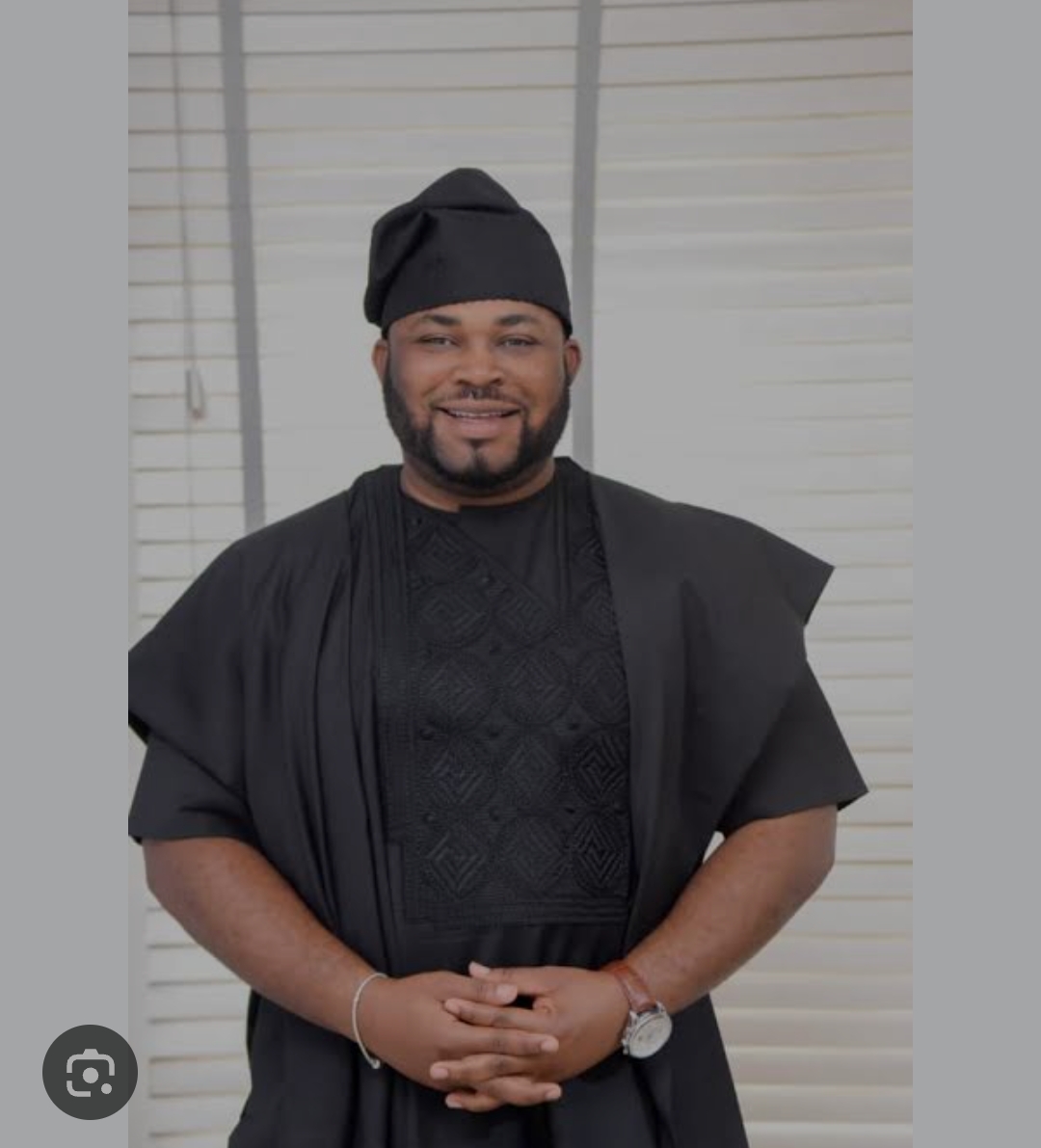
*DSS Invites Ogun LG Chairman, Alebiosu and others Over Attack At APC Stakeholders Meeting*
The Department of State Services (DSS) Abeokuta on Monday invited Ijebu Ode local government Chairman, Hon Dare Alebiosu, and some political thugs alleged to have caused disturbance, incitement and physical attack during an APC stakeholders meeting few days to Ward Congress in the area.
A reliable security source disclosed that an aide of the Governor who was reportedly attacked during the stakeholders meeting was said to have petitioned the DSS.
According to the source, there have been growing concerns over the activities of the LG Chairman, who was alleged to be backing cultists and using them as a tool for harassment and intimidation in the community.
As it was reported, the LG boss was accused to have openly confronted and accused the Governor’s aide for identifying some of the cultists to DSS officials, while one of the cultist was said to have hit their target in the face and removing his medicated glasses. The swift and professional intervention of the Men of DSS quickly deescalated the matter and the meeting went on to a conclusive end.
The meeting which held at the residence of Chief Okuboyejo, the Governor’s Advisory Council Chairman at GRA Ijebu ode became tensed, after the LG chairman invaded the private premises of the old man with a large number of cultists which some of them were allegedly believed to be armed.
The source added that the case is presently with the DSS, while the petitioner has also submitted various evidence against the LG Chairman.
In another turn of event, Commisoner for Urban and regional planning was harassed and robbed, so also the former SLG to the Local govt also almost lost his life as he was attacked with cutlass by thugs who were allegedly said to be led by Dapo Adebajo, he was hospitalized. The case has also been reported to the DSS and Police as at the time of filling this report.
celebrity radar - gossips
Laffmattazz with Gbenga Adeyinka & Friends Returns In 2026, As Canada Joins Tour
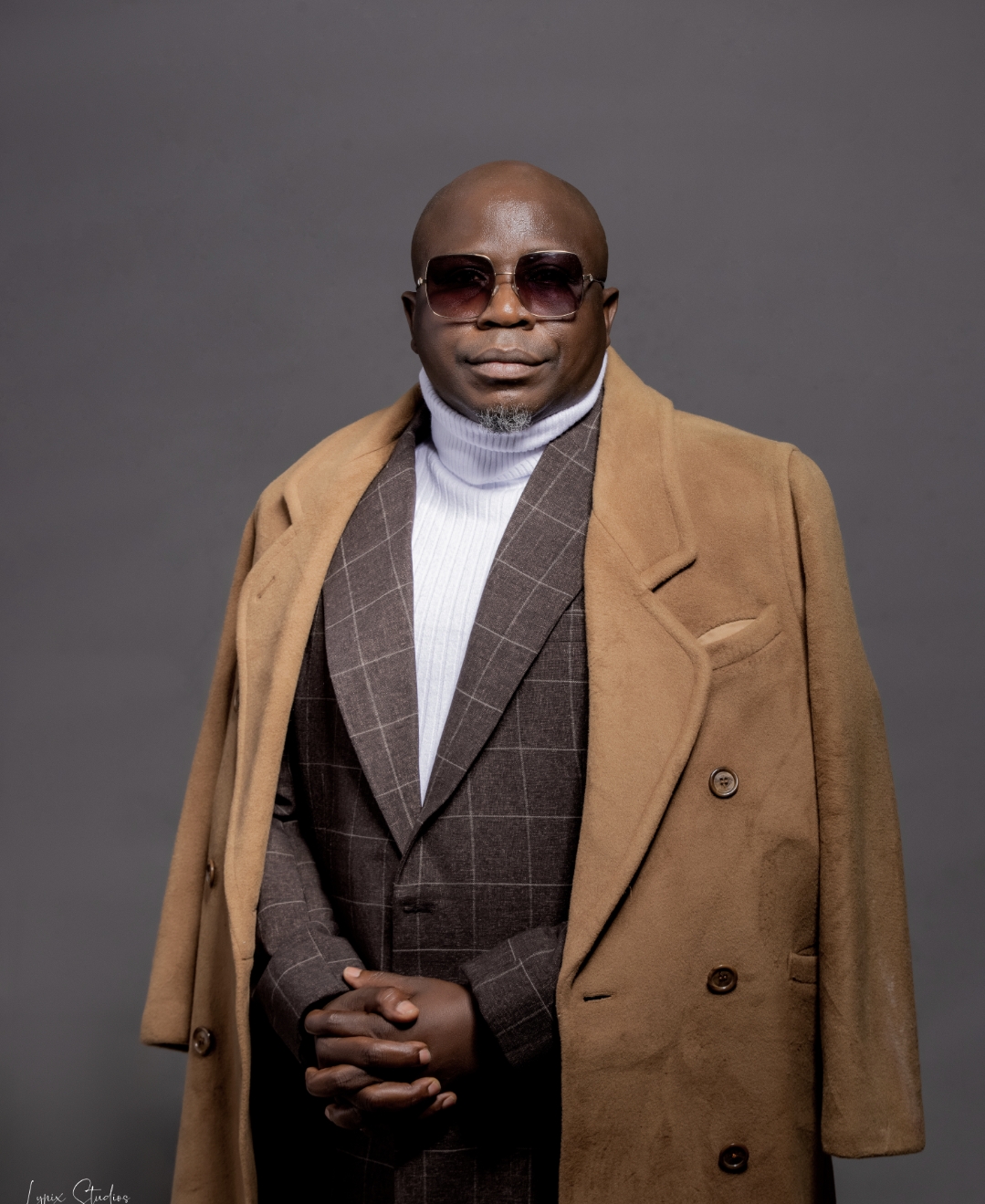
Laffmattazz with Gbenga Adeyinka & Friends Returns In 2026, As Canada Joins Tour
Nigeria’s longest-running and most consistent comedy tour, LaffMattazz with Gbenga Adeyinka & Friends, has officially announced its 2026 tour themed “Next Chapter.” The upcoming edition marks a major milestone as the brand celebrates its 15th edition with a bold expansion that includes Canada for the first time.
The Next Chapter edition represents a clear evolution from previous years — signaling growth, global reach, and a renewed creative vision. While past editions focused on taking premium comedy experiences across Nigerian cities, the 2026 tour elevates the brand with international exposure, upgraded production, and stronger engagement with audiences at home and in the diaspora.
Speaking on the significance of the new theme, organizers describe the 15th edition as more than a celebration of longevity, but a statement of intent — positioning LaffMattazz as a global Nigerian entertainment export.
CONFIRMED TOUR CITIES & VENUES
•Ibadan – Jogor Center (Easter Sunday, April 5th, 2026)
•Akure – The Dome International Culture & Event Center
•Abeokuta – OOPL Marquee
•Lagos – Balmoral Convention Center
•Canada – Multi-city tour (dates to be announced)
Audiences can expect a rich blend of comedy, music, and surprise guest appearances — delivered with the signature “& Friends” experience that has defined the tour for over a decade.
With the Next Chapter, LaffMattazz reinforces its legacy while opening new doors for African comedy on the global stage.
celebrity radar - gossips
Kevin David Kaydee Releases Inspiring Single “Oluwa Settle Me”
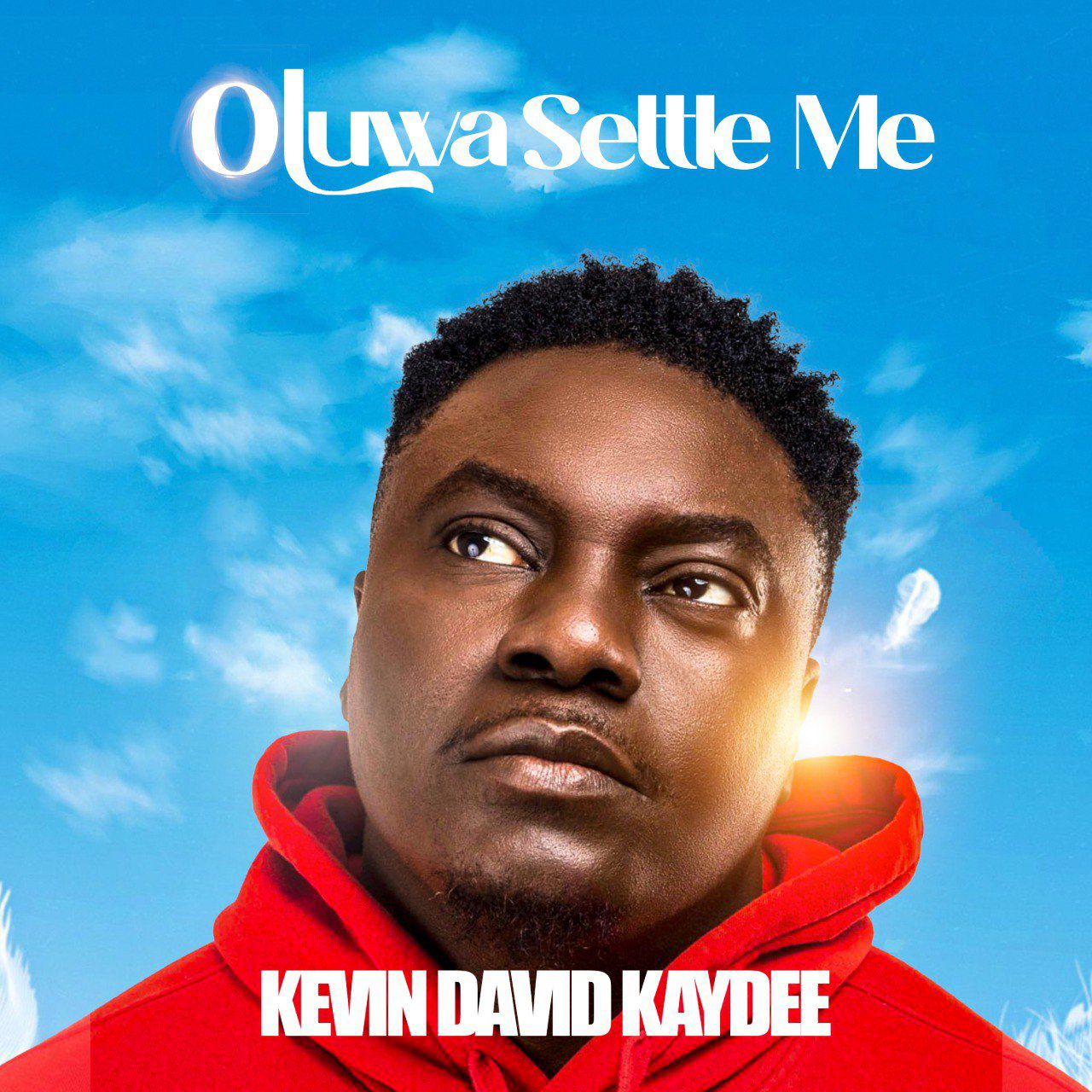
Kevin David Kaydee Releases Inspiring Single “Oluwa Settle Me”
Rising music artist Kevin David Kaydee has released a powerful new single titled Oluwa Settle Me, a soulful Afro-inspired anthem that blends heartfelt prayer with modern rhythm.
“Oluwa Settle Me” captures the everyday cry of many believers seeking breakthrough, peace, and divine favour. With emotionally rich melodies and uplifting instrumentation, the song expresses a sincere plea to God for complete answers to life’s pressing questions—career, destiny, relationships, and spiritual fulfilment.

Drawing from Afrocentric sounds and contemporary gospel influences, the track stands out for its simplicity, sincerity, and spiritual depth. Kevin David Kaydee delivers the message with passion, creating a worshipful atmosphere that resonates across age groups and cultures.
The song’s message of hope and dependence on God positions it as more than just music,it is a prayer set to melody. By fusing spirituality with modern lifestyle rhythms, “Oluwa Settle Me” reflects the growing wave of gospel music that speaks directly to real-life struggles while pointing listeners back to faith.
As gospel music continues to evolve across Africa and beyond, Kevin David Kaydee’s latest release reinforces music as a powerful tool for encouragement, reflection, and spiritual connection.
“Oluwa Settle Me” is now gaining attention among gospel music lovers for its relatable message and soulful sound, marking another significant step in the artist’s growing musical journey.
-

 celebrity radar - gossips6 months ago
celebrity radar - gossips6 months agoWhy Babangida’s Hilltop Home Became Nigeria’s Political “Mecca”
-

 society5 months ago
society5 months agoReligion: Africa’s Oldest Weapon of Enslavement and the Forgotten Truth
-

 society6 months ago
society6 months agoPower is a Loan, Not a Possession: The Sacred Duty of Planting People
-

 news7 months ago
news7 months agoTHE APPOINTMENT OF WASIU AYINDE BY THE FEDERAL GOVERNMENT AS AN AMBASSADOR SOUNDS EMBARRASSING

